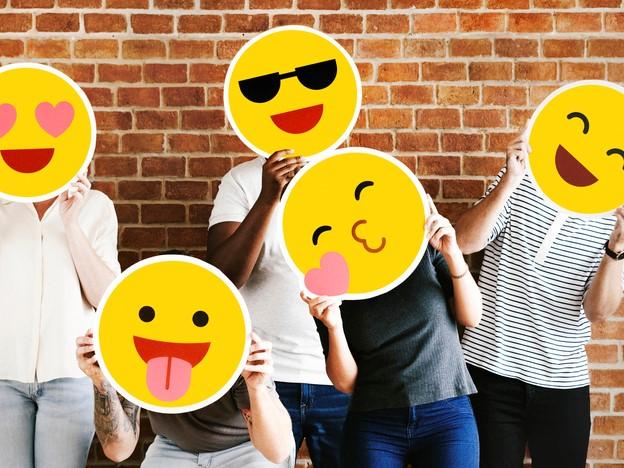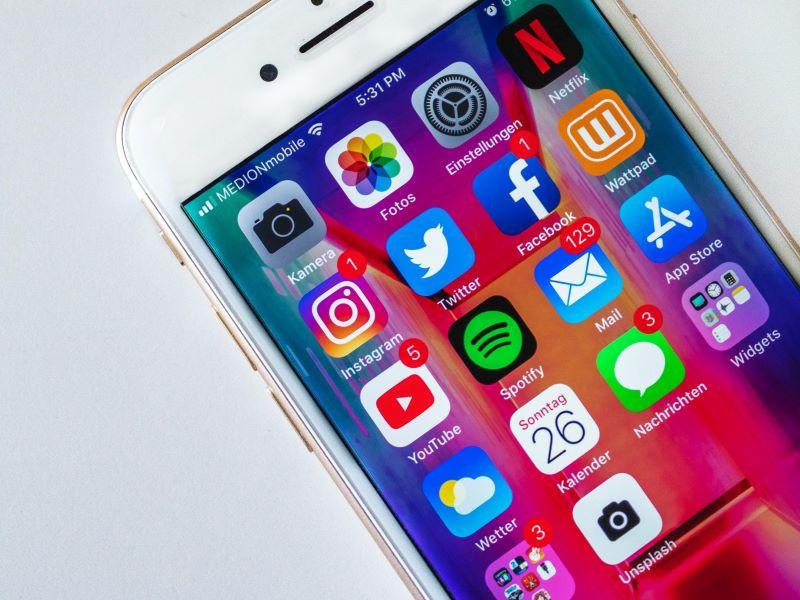Not so long ago, in the halcyon days before Congress subpoenaed CEO Mark Zuckerberg and an anxious Facebook rebranded to Meta, academe fell hard for the social media giant. Back then, many retention-minded professors were encouraged to “friend” students and alums, and to “like” everything from their department to their college as an emblem of institutional fealty. Otherwise successful scholar-teachers who weren’t generating envy-inducing status updates from cool archives and hot research travel destinations were considered dinosaurs and party poopers, fossils from an era when more modest pedagogues actively discouraged cult followings.
These days, the same social media that not so long ago set adolescent hearts atwittter and purportedly helped ageing faculty get their groove back, are widely considered the stuff of grandparents and geriatrics. Today’s social media-savvy profs now beat hasty retreats to hipper Instagram, Twitter and TikTok, avoiding mention of their “Facebook days” in the way ageing Boomers sidestep talk of their youthful indiscretions. Still, I argue that the decreased use of, for example, Facebook among Gen Z students should serve as a cautionary tale for social media-saturated higher ed.
Of course, any critique of social media by those who conscientiously object to its use is bound to come off as so many sour grapes, the professor serving as straw man or woman akin to the unhip parent who railed against rock ‘n’ roll, or the 1950s “square” who refused to light up unfiltered cigarettes with the careless abandon of James Dean. In fact, the societal ribbing reserved for educators who refuse social media’s obvious enticements is perhaps the best anecdotal evidence yet of their cult-like power and weaponised peer pressure.
- Students aren’t giving up social media, so teach them how to question it
- Social media can help new students make friends – but we must regulate it
- If universities push staff towards social media, they must protect them, too
When I find my own resistance to social media use in the classroom wavering, I ask myself these what-ifs:
What if, in the indefinite future, some social media platforms are demonstrated to possess addictive qualities of which their developers had prior knowledge?
On its face, this supposition sounds like sketchy speculative fiction, and yet who in 1958 would have imagined that tobacco giants such as Phillip Morris and RJ Reynolds would, little more than a generation later, be successfully sued by a group of 46 US states to the tune of more than $200 billion (£152 billion) in what CNN called “the largest civil settlement in history”. Could colleges and universities who promote or sanction the use of social media one day be deemed to have been complicit in damaging public health?
What if some social media platforms are one day proven to have damaged the psyches of a generation of students or are demonstrated by experts to have played a significant role in the record-high rates of depression, anxiety and suicide suffered by Gen Z college students?
In such an alternate universe, mightn’t academic units that use social media to communicate with students or that require the use of social media in curricular or co-curricular settings, find themselves complicit in contributing to the mental health crises their institutions now struggle to find sufficient resources to remedy? By analogy, wouldn’t an institution of higher ed that’s a heavy user of social media be something like the casino which keeps the slots and tables open even as it quietly underwrites expensive mental health remediation and rehabilitation for troubled users?
I confess that I don’t yet have the omniscience to answer these hypotheticals, but I feel certain they ought to be more widely discussed among circumspect professors, administrators and academic IT departments weighing whether to license, use, require or otherwise sanction certain technologies and platforms.
Free-thinking academics tend to regard technology as a tool that is essentially neutral – no better or worse than the user or the use. And yet such laissez-faire logic often fails to accurately assess threats to psyche and privacy in real time, especially among young adults and early adopters.
In a purely capitalistic model, any app that’s accessible, affordable and amenable to post-secondary education can quickly become a classroom fixture by virtue of cheapness or ease of use rather than, say, its track record of protecting user privacy. Based in part on popularity, the products of newer software developers such as Zoom are now as eagerly welcomed into the pandemic-era classroom as those of long-standing companies such as Blackboard that have specialised in educational technology for decades.
As evidence for potential side effects continues to mount, the use of social media as instructional tool and institutional mouthpiece merits more of the high-level critical thinking higher ed purports to foster. If, indeed, a primary responsibility of the digital-age academy is the well-being of students, faculty and staff, the era of uncritical, unselfconscious or indiscriminate use of social media may soon be a thing of the past.
Zachary Michael Jack is a professor of English at North Central College. His most recent book is Special Effects: Short Takes on Stylish Prose.
If you found this interesting and want advice and insight from academics and university staff delivered direct to your inbox each week, sign up for the THE Campus newsletter.




comment